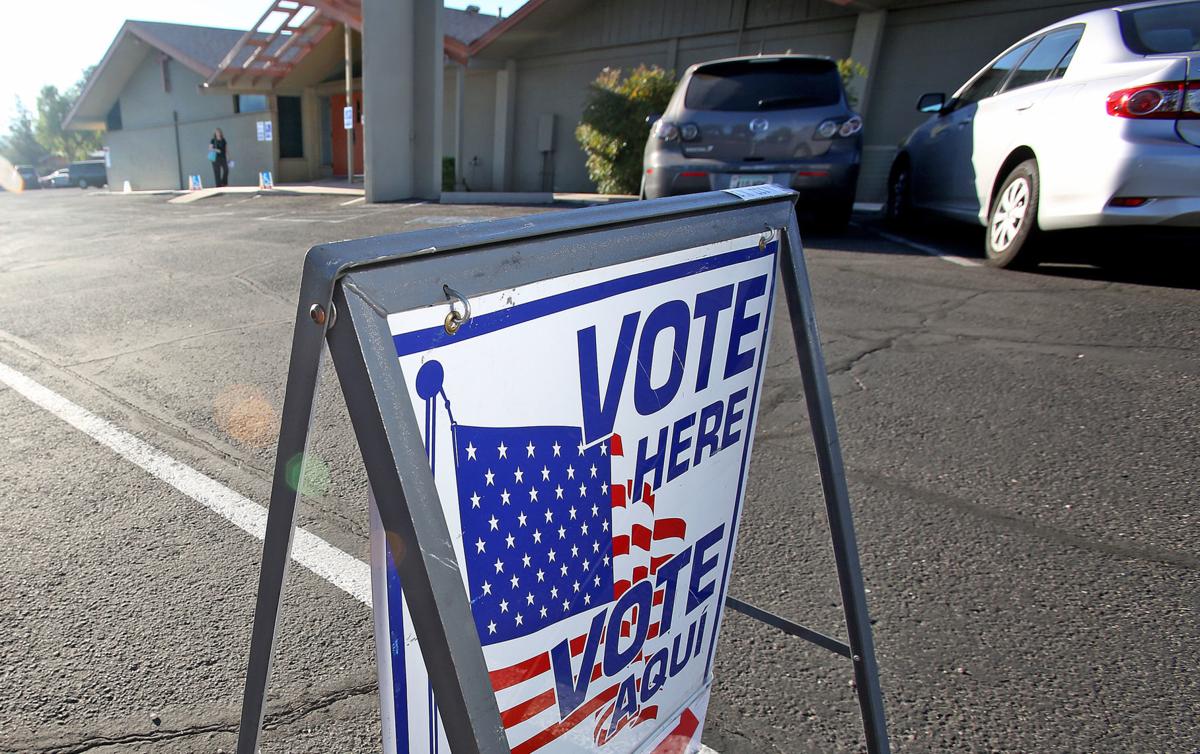A divided federal appeals court upheld Arizona’s ban on “ballot harvesting,” saying a lack of evidence of fraud is irrelevant.
In a 2-1 ruling Wednesday, the judges acknowledged arguments by the state and national Democratic parties that the Republican-controlled Legislature adopted the 2016 law without proof that anyone collecting ballots had tampered with them. The majority also noted there are other state laws that have, for years, made it illegal to tamper with ballots.
But Judge Sandra Ikuta, writing for the majority, said, “A state need not show specific local evidence of fraud in order to justify preventive measures.”
Writing for herself and Judge Carlos Bea, she said courts are entitled to uphold such laws if they serve the state’s interest in maintaining public confidence in the integrity of the electoral process, “even in the absence of any evidence that the public’s confidence has been undermined.”
Ikuta also said there was no evidence the Republican lawmakers who approved the plan acted with the intent of discriminating against minorities.
She did say there was reason to believe that the change was approved, at least in part, by “partisan considerations.” But Ikuta said that fact does not make the law unconstitutional.
In the same ruling, the majority upheld another election practice which says that if people show up at the wrong polling place, their votes won’t be counted, even those for which a person would otherwise be entitled to vote had they been in the right place.
For example, a voter who should have been in Tempe but ended up in Glendale would not have votes counted for school board. But the Democrats argued that person’s votes for statewide and county offices should count.
Ikuta said these rules impose only minimal burdens and do not disenfranchise voters.
Appellate Judge Sidney Thomas, however, said his colleagues were ignoring evidence presented.
“Arizona’s policy of wholly discarding — rather than partially counting — votes cast out-of-precinct has a disproportionate effect on racial and ethnic minority groups,” unconstitutionally burdening the right to vote, he wrote.
Thomas also said the ban on ballot harvesting, complete with penalties of a year in prison and a $150,000 fine, “serves no purpose aside from making voting more difficult, and keeping more African-American, Hispanic, and Native American voters from the polls than white voters.”
Wednesday’s ruling is unlikely to be the last word. The split decision virtually guarantees that the Democrats will ask the full 9th Circuit Court of Appeals to look at the issue.
And early next month the same three-judge panel of the appellate court will consider a separate challenge to the ballot-harvesting law by Democratic activist Rivko Knox.
“Ballot harvesting” became an issue because most Arizonans receive early ballots, which can be filled out and mailed back or delivered to polling places on election day. But the law requires mailed ballots to be delivered by election day. So anything dropped in a mailbox within a week or so may not get counted.
Political and civic groups have in recent years gone into neighborhoods, asking people if they have returned their ballots and, if not, offered to take them to polling places on their behalf.
Republicans argued that presents too many opportunities for mischief, though they could not cite a confirmed incident where a ballot was altered or did not get delivered.
Ikuta said the U.S. Constitution gives states the authority and obligation to manage the election process.
She also said Arizona has options for voters who may have difficulty getting to polling places, including required time off for workers and exceptions to the ballot-harvesting law allowing collection by family members, household members and caregivers.





